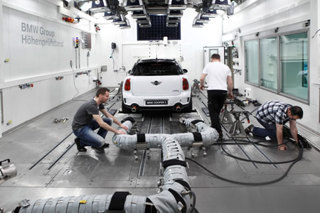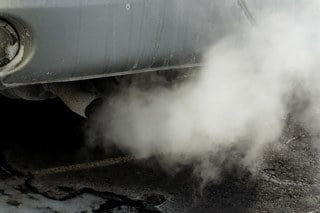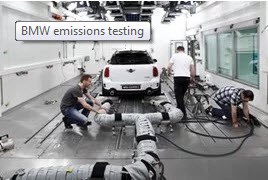The new WLTP fuel test regime is a lesson in how not to introduce change. It’s a total mess.
The objective makes sense: introduce a more realistic fuel and emissions testing regime that means the results are closer to real-world use yet still provide a like-for-like benchmark for comparison. This would help fleets and drivers to make the right choices.
However, the process has been shambolic. Even now, we do not know when and how it will be introduced or the implications for benefit-in-kind, VED and national insurance.
So, what do we know? First, all cars launched or facelifted since September 2017 have been tested under WLTP.
Second, every car will be tested under WLTP from September 2018 (unless on run out) but given an NEDC-correlated figure.
And… that is that. Everything else is supposition and guesswork.
Supposition one: if you take on a company car today that was originally tested under NEDC rules, your taxation will always be based on that original CO2 figure.
The WLTP retest figure (which will be higher), will not be applied retrospectively for tax purposes.
That’s what we think will happen, but the Treasury is still assessing the impact.
Supposition two: until 2020, if you take on a company car that has been tested under WLTP, you will be taxed based on a NEDC-correlated figure (using the CO2MPAS equation). After 2020, it will be the full WLTP figure.
As yet, while 2020 has been widely mooted, it has not been confirmed as the change date.
There are, of course, other issues – in particular CO2MPAS itself, which gives CO2 results that are not even close to NEDC; they can be 10-20% higher.
This will bump cars up tax bands at a time when those bands are getting tougher.
The worry for fleets is that uncertainty will persuade employees to opt out and take cash.
Hopefully, some clarity will come in the autumn Budget – but don’t hold your breath.
























Nigel Boyle - 27/04/2018 15:30
I agree absoluty with you Stephen! I have commented elsewhere on this: What an unmitigated mess. To introduce a test/tax on people without telling them what the tax will be is propably the worst error I have witnessed. As per your article I see 10-30% increase bandied around everywhere - we need clarity. Most drivers are close to revolting with the ever increasing BIK costs and now this. Clearly the manufactureres needed to clean their act up, but why should the business driver be punished for it? The tax HAS to be netural or the government we loose out big time with tax. The company I work for is close to offering cash, not car. This (before this new increase) will save both the employer and employee tax in many cases and after will be a no brainer for everyone except the tax man. The straw that breaks the camels back.